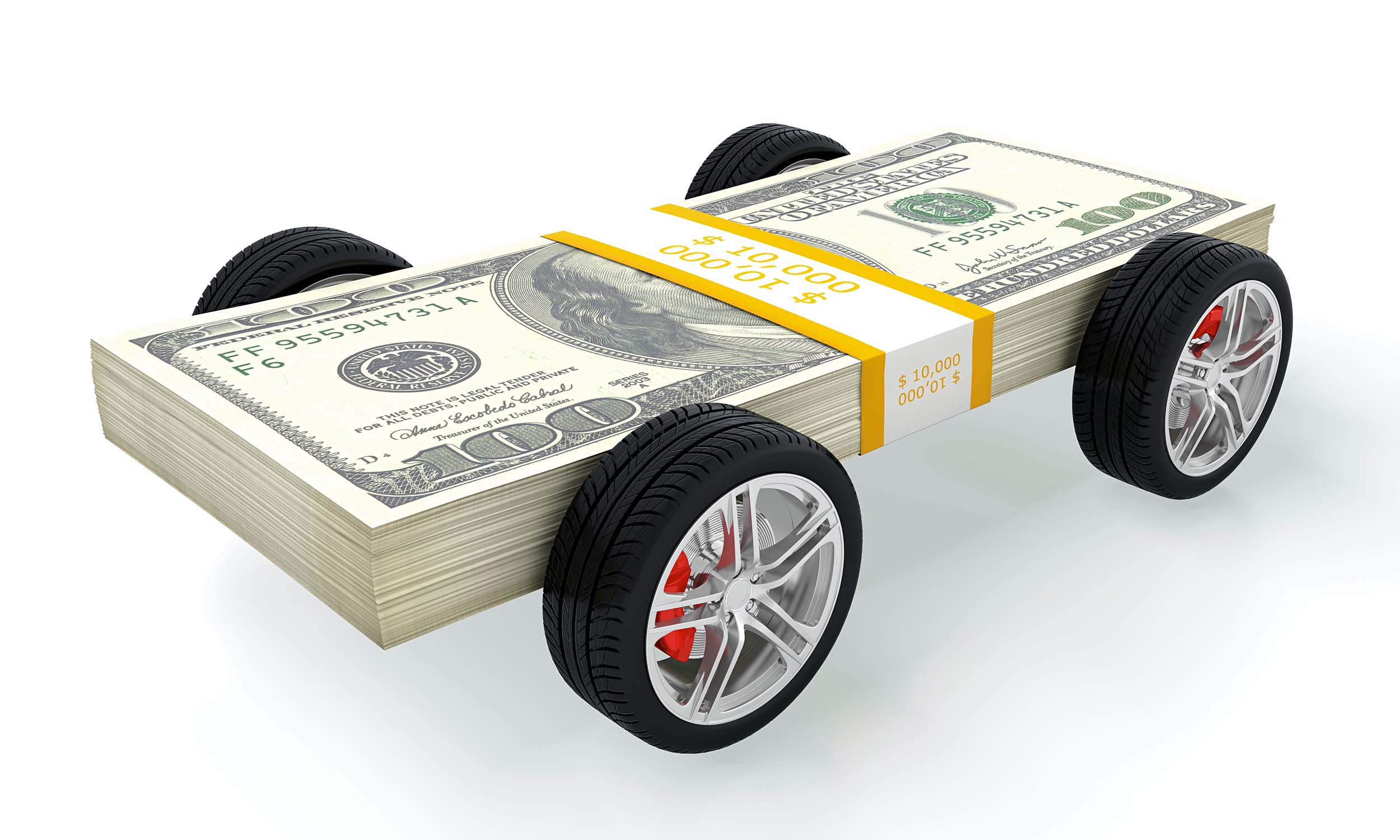
It hits you — after years of putting up with the same set of wheels, you finally decide you need a new car. Following a hasty perusal of third-party auto and manufacturer websites you head to a few local dealers to pursue your dream car. Of course, once you step onto the dealer’s lot you are on their turf, in their everyday realm — a world of mysterious models, Monroney stickers, optional equipment, dealer add-ons and astute, smiling salespeople — yet you are expected to negotiate by possessing some level of automotive know-how and aplomb. You look at a couple cars and even test drive a few. When you finally sit down to talk numbers you get the big sell, and then you decide whether the price is right. Right? Well, not exactly. To help navigate the unique journey of an auto purchase, here are some things you should NEVER say to a car sales associate.

Good salespeople know their products well and a dealership’s staff is excited and ready to sell you a vehicle. Indicating that you do not know much about cars is a clear signal to the sales staff that they hold most — if not all — the cards during ensuing negotiations. Do thorough online research before setting foot on a car lot so you have as much knowledge about the vehicle as possible. Being informed about the car you intend to buy will put you in good stead for getting a fair deal without feeling ripped off.

Car salespeople simultaneously hate and love these three little words — it’s likely the phrase they hear most, and it is a rote response that indicates a customer wants a salesperson to remain at a distance. Salespeople understand you are “just looking,” otherwise you would not be on the lot. And they sell more cars at optimum prices to people who are “just looking” than to those who are well informed and ready to talk specific models, packages and pricing. So don’t say it. Open with questions that demonstrate you know something about the car(s) in which you are interested. The salesperson’s answers will also reveal how much they know about the automaker’s products and you can determine if the salesperson is a good fit for you.

You should let the salesperson know this when negotiating the final price of the car, not up front. After all is said, negotiated and done, you might be able to swing a slightly better deal if you are writing a check to the dealer today (might being the operative word).

Don’t indicate to the salesperson that you are desperate for a car. If you do, you will open the door for the salesperson to convince you to settle for a car that might be less (or more) than what you really need because of the time crunch involved. Stay neutral throughout the purchase process. If you are the type of person who gets emotional during a major purchase such as this, do yourself a favor and rent a car for a couple weeks while you take your time shopping for the right car.

See previous section. Showing your cards to the dealer too early signals that you are emotionally attached to a particular vehicle and — human nature being what it is — the salesperson then thinks you can be led by the nose to the deal they want you to have, not the deal you want to have.

Despite the realities of the old clunker you drove onto the dealer’s lot moments ago, telling the salesperson right off the bat that your car isn’t worth much is a no-no. During negotiations let the sales staff determine the trade-in price of your vehicle. Have a general idea of your car’s worth beforehand by consulting third-party sources such as KBB.com, AutoTrader.com and NADA guides. That way you won’t be too surprised to discover your 1982 Crown Vic with 175,000 miles, mismatched fenders and no back seats is not worth the tires you drove in on . . . but you never know, they might be feeling generous . . .

Nervously signaling — in a joking manner — to not only the salesperson and everyone within earshot that you are a neophyte when it comes to car purchases seems like a fine and benign thing to do. However, it does put you at a disadvantage when it comes to how much pressure and upselling the salesperson might do given this bit of information. It is best to stay neutral about the process, ask some astute, relevant questions about the vehicle you’d like to purchase and see how things progress. As The Gambler says, you gotta know when to hold ‘em . . .

No matter how you might feel about car salespeople or dealerships, keep it to yourself. Most car dealers and salespeople are NOT shysters, so don’t cop an attitude and treat them rudely thinking that staying “on your guard” will get you the best deal. Be civil, ask questions, learn about the car you intend to buy and, by being observant, learn what makes the salesperson tick.

The dollar amount of a monthly payment is only one factor of the car-buying equation. A salesperson can give you a monthly payment and still build profit via other means, such as the total number of payments or an underestimated trade-in value. Before visiting a dealership, determine what you can comfortably afford based on your monthly budget and your online-researched trade-in value then negotiate from there.

If you let this bit of information slip right away, you are putting yourself at a psychological disadvantage to get the best deal possible. If your credit is less than stellar, make sure you shop around for the best interest rate — often credit union rates will beat conventional banks, so try there first. If you must finance through the dealer, do so as a last resort and pay attention to the loan details, especially the number of years and final purchase price. The salesperson will try to get you the highest interest rate possible, since the dealership will get a cut of the pie if you finance through their lender. Knowing your credit rating ahead of time and having financing set up puts you in the driver’s seat, no matter what your rating. You may even know ahead of time if you need to find a bad credit financing dealership.








